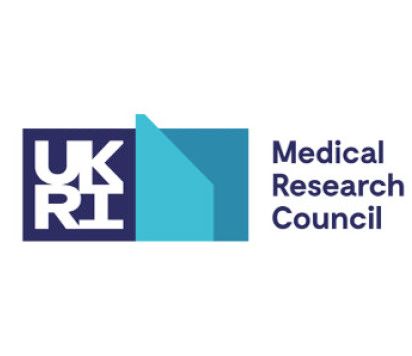
Though there is well described genetic predisposition to Alzheimer’s disease (AD), known genetic factors to date explain only a small proportion of the variance in AD occurrence. Little is known about the environmental, lifestyle and metabolic factors that, interacting with genetic background, determine who ultimately will go on to manifest clinical disease. Gaining knowledge of these risk factors is key to tackling the growing burden of AD and other dementias.
In our research programme, we will adopt the ‘exposome’ concept which aims to capture the totality of internal and external exposures from a variety of sources including chemical and biological agents, gut microbial and lifestyle and psychosocial factors. These factors interact to generate molecular signatures characteristic of health or disease, which can be assessed through the application of “omic” technologies and biomarkers, including metabolic profiling of small molecule metabolites in blood or urine (metabolomics) and human gut microbial signatures (gut microbiome).
Metabolomics is a powerful and innovative approach capable of providing a detailed depiction of the metabolic status of an organism through analysis of molecular signatures. It is being adopted as part of a systems biology approach to understanding disease causes and mechanisms, but to date has only been applied to AD in a limited number of small studies. We believe that by upscaling the approach there is great promise to improve understanding of AD aetiopathogenesis.
We will include data from some of the leading cohorts in Europe and USA with a focus on both cardiovascular disease and measures of cognitive function/AD, with metabolic profiles obtained by proton nuclear magnetic resonance (1H NMR) spectroscopy and mass spectrometry (MS) in our laboratories at Imperial College. These cohorts also have available genome-wide association study (GWAS) data, providing a unique opportunity to explore metabolic profiles associated with the GWAS signals in AD, and obtain novel functional insights into the downstream metabolic pathways involved. We will also undertake metabolic profiling of human CSF samples from AD and mild cognitive impairment (MCI) cases and controls to evaluate the extent that metabolic signatures found in peripheral blood and urine with respect to cognitive function and AD are also seen in the brain.
Key objectives and contact for lead
Key objectives
Our specific aims are:
- investigating GWAS findings for AD in relation to the blood and urinary metabolome to provide novel functional data and reveal metabolic pathways influenced by these genetic signals
- using the available cohort data to characterize metabolomic features associated with cognitive change, incident MCI and AD
- structurally identifying discriminatory metabolites using a range of chemometric, bioinformatic and analytic chemistry methods
- placing the discovered metabolites into metabolic pathways using various statistical and bioinformatic approaches
- identifying the environmental, imaging, social and lifestyle correlates of the metabolome associated with cognitive change, MCI and AD
Enquiries
Please address enquiries about this programme to:
Chair in Epidemiology and Public Health Medicine
UK DRI Group Leader
Professor Paul Elliott
p.elliott@imperial.ac.uk
Reader in Cardiometabolic Disease Epidemiology
Dr Abbas Dehghan
a.dehghan@imperial.ac.uk

